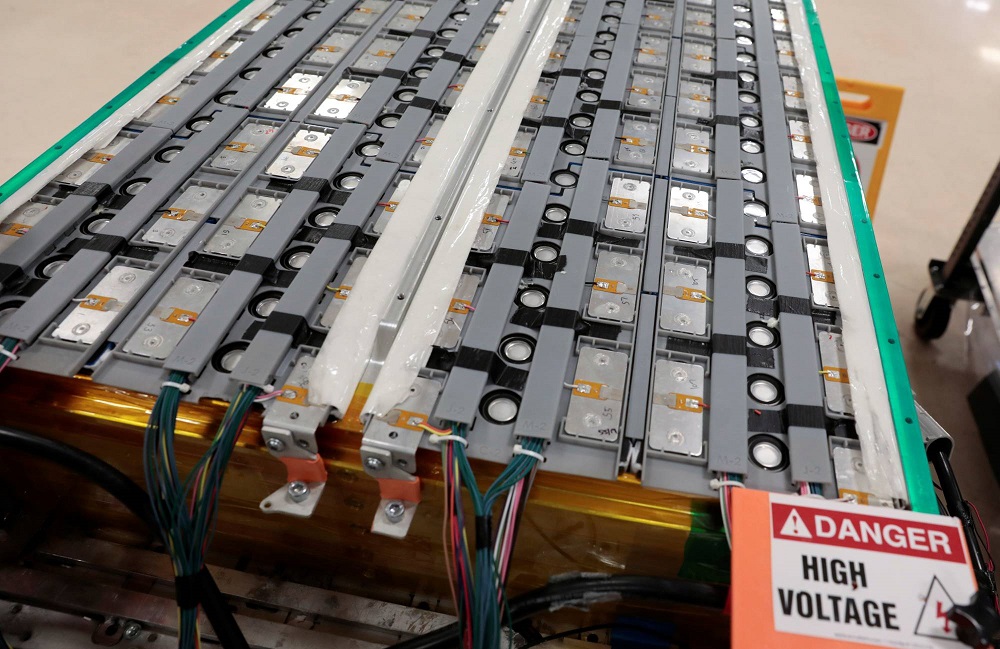
In the realm of modern technology, there are numerous components and advancements that shape our everyday lives. One such technological marvel is the development of LFP cells. LFP cells, or Lithium Iron Phosphate cells, have revolutionized the way we utilize and store energy. With their exceptional qualities and unparalleled safety features, LFP cells have become a vital component in various applications. In this blog, we will explore the role of LFP cell in modern technology.
To comprehend the significance of LFP cells, it is essential to understand their composition and working principles. LFP cells are rechargeable lithium-ion batteries that employ lithium iron phosphate as a positive electrode material. Compared to other battery chemistries such as lithium-cobalt oxide or lithium-manganese oxide, LFP cells offer remarkable advantages in terms of safety, cycle life, and thermal stability.
One of the most impactful contributions made by LFP cells is in the domain of electric vehicles (EVs). As the world increasingly shifts towards sustainable transportation, these cells are proving to be a reliable power source. LFP cells offer high energy density, ensuring EVs can travel longer distances on a single charge. Moreover, their exceptional thermal stability prevents the risk of overheating, enhancing the safety of electric vehicles. The ability of LFP cells to recharge quickly also makes them an ideal choice for EV enthusiasts.
Renewable energy sources, such as solar and wind, are gaining popularity due to their eco-friendliness. However, the intermittent nature of these energy sources calls for efficient energy storage solutions. LFP cells have emerged as a game-changer in this context, enabling the storage and utilization of renewable energy. This technology allows excess energy generated during peak periods to be stored and used when demand is high or during low-generation periods. By facilitating effective energy management, LFP cells minimize wastage and contribute to a more sustainable future.
In the rapidly advancing world of technology, LFP cells have emerged as a vital component, revolutionizing various applications. From powering electric vehicles to storing renewable energy, these lithium iron phosphate batteries have demonstrated their superior performance and safety features. As we continue to prioritize sustainability and seek alternatives to traditional energy sources, the role of LFP cells will only grow more significant. With ongoing research and advancements, it is evident that LFP cells have the potential to shape a cleaner, greener, and more efficient future.